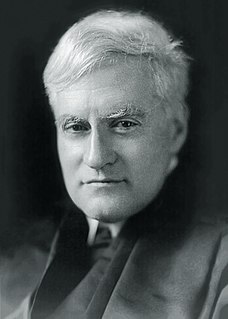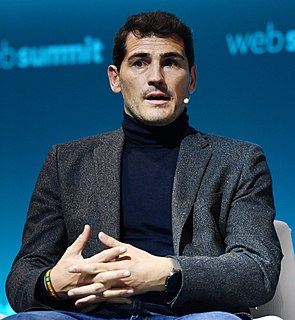A Quote by Ellen Glasgow
Mediocrity would always win by force of numbers, but it would win only more mediocrity.
Related Quotes
Still, I kept writing. I had no guarantee that I would someday win awards for writing. Heavens, the only person during that time who seemed to think I could write something worth publishing was my loyal husband. But I always remembered the professor from graduate school who urged me to write and who recommended me for that first writing assignment in 1964. When I protested to Sara Little that I didn't want to add another mediocre writer to the world, she gently reminded me that if I didn't dare mediocrity, I would never write anything at all.
Strive for perfection - never be content with mediocrity. You don't win until you conquer the little flaws. You don't beat these great ones until your form is perfect. This is true in all of life. A flaw in a product can ruin a business. A personal failing, a little one, can ruin a person's life. Don't be content with mediocrity - strive to live up to the greatest within you.
As Aristotle wrote a long, long time ago, and I'm paraphrasing here, the goal is to avoid mediocrity by being prepared to try something and either failing miserably or triumphing grandly. Mediocrity is not about failing, and it's the opposite of doing. Mediocrity, in other words, is about not trying. The reason is achingly simple, and I know you've heard it a thousand times before: what doesn't kill you makes you stronger.







































